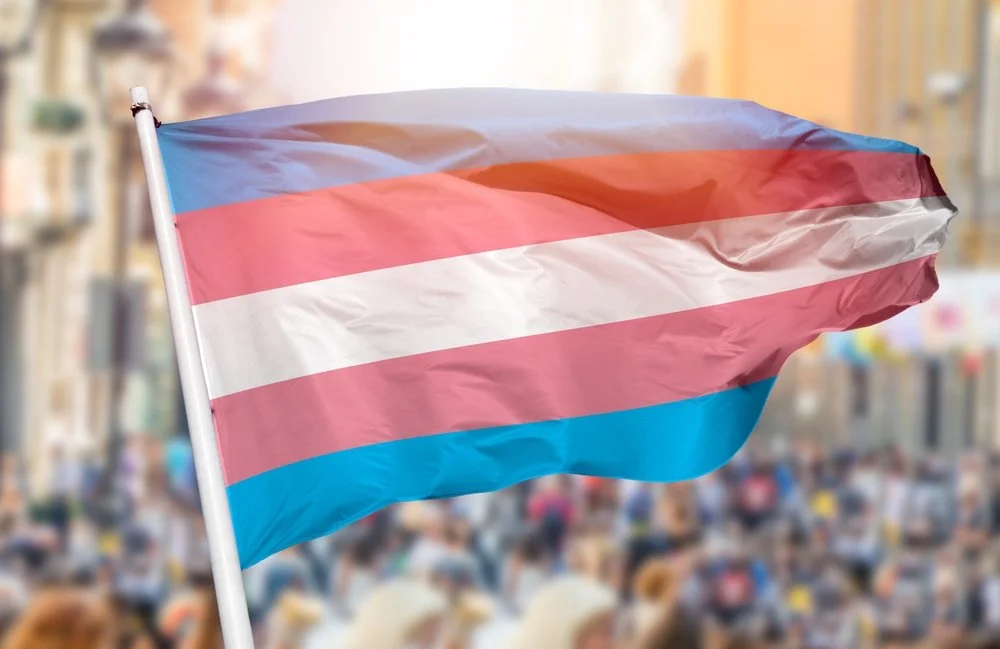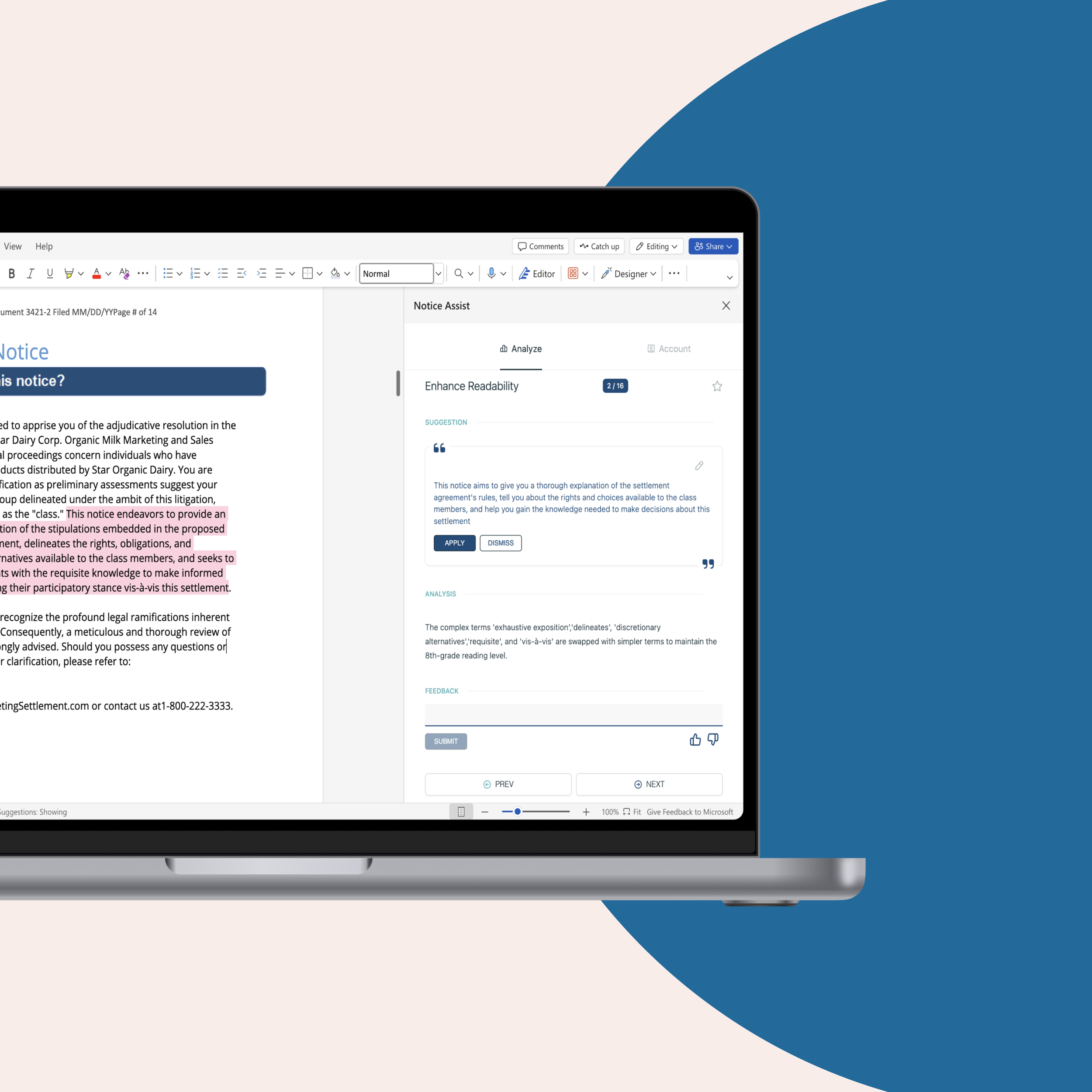Impact Fund Applauds California Supreme Court Decision to Adjust the Bar Exam Passing Score
Lindsay Nako, Director of Litigation and Training
Last week, the California Supreme Court addressed the upcoming administration of the state bar exam, which has been mired in uncertainty due to the COVID-19 pandemic. Amid its larger announcement was a key change, one that advocates across the state—including Impact Fund and its allies—have been seeking for years. Starting with the next test administration in October, the passing score for the California Bar Exam is permanently changed from 1440 to 1390.
At 1440, California maintained the second highest bar exam cut score in the nation, one that has long been shown to disproportionately foreclose law students of color from entering the legal profession. Despite its harmful effects, the score continued to be enforced without justification. In fact, at a 2017 State Assembly hearing, the former Executive Director of the State Bar admitted, “When you ask why is it set at 1440, I’m embarrassed to tell you, there’s no good answer.”
By adjusting the cut score, California is making a bold step toward ensuring that its community of lawyers reflects the diversity of the state. By the State Bar’s own estimates, setting the cut score at 1390 would allow 20% more test-takers overall to pass—including approximately 40% more Black, 26% Latino, 26% Asian and 27% other minority attorneys joining the bar’s ranks each testing session.
Setting the cut score at 1390 means approximately 40% more Black, 26% Latino, 26% Asian and 27% other minority attorneys joining the bar each year.
The consequences of California’s high cut score have been significant. For the past eleven years, people of color consistently experienced lower pass rates than their white counterparts, despite equivalent test preparation. Slightly over 49% of white test-takers passed the July 2018 administration, while only 20% of Black test-takers, 36% of Latino test-takers, 35% of Asian test-takers, and 30% of other minority test-takers passed. And this gap is not new: the State Bar first identified a racial disparity in bar passage rates over thirty years ago, when a study found that Asian, Latino, and Black test-takers passed the 1985 and 1986 exam administrations at rates 10 to 33 percentage points below white test-takers. Failure to pass the bar exam exacts a weighty economic and emotional toll on test-takers, who may lose job offers while incurring thousands of dollars of debt in prep course fees and living expenses—on top of the spiraling burden of loan debt that is already higher for Black and Latino law school graduates.
California desperately needs attorneys that represent its diverse communities. While a majority of Californians are people of color, only 4% of attorneys are Black, 7% are Latino and 13% are Asian.
California desperately needs attorneys that represent its diverse communities. While a majority of California residents are people of color, a majority of its attorneys are white. Only 4% of California’s attorneys are Black, while only 7% are Latino and 13% are Asian. Disproportionately low bar passage rates for test-takers of color contribute to legal profession that does not reflect the rich diversity of California. This racial disparity poses real-life consequences for our state’s legal system. A diverse legal profession promotes public confidence in the legal system, higher quality legal services, and fairer representation. A diverse bar also facilitates access to justice, as attorneys of color are more likely to practice public interest law in the public and nonprofit sectors.
Last fall, the Impact Fund, California ChangeLawyers, and the ACLU of California requested immediate action from the California Supreme Court on the cut score because of its disproportionate racial impact, along with almost fifty bar associations and legal organizations from across the state. We joined the chorus of voices calling on the Court to re-evaluate the bar exam cut score, including the deans of 20 ABA-accredited law schools in California, experts on the bar exam, the State Assembly Committee on the Judiciary, and former state bar president Jeff Bleich.
More work remains to be done to address racial inequities in the legal community. But at this moment when systemic racism is being challenged in its numerous insidious forms, adjusting the bar exam cut score immediately lowers one barrier to justice and will have effects felt across the state for generations to come.
The Impact Fund is gratified to stand with California Changelawyers, the ACLU of California, and the nearly fifty organizations who joined us to advocate for a more sensible and inclusive bar exam cut score. See our letters here and here, and this page for more information about the disproportionate effects of California’s cut score.













